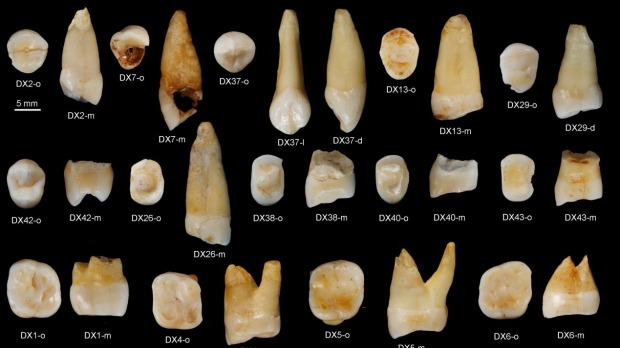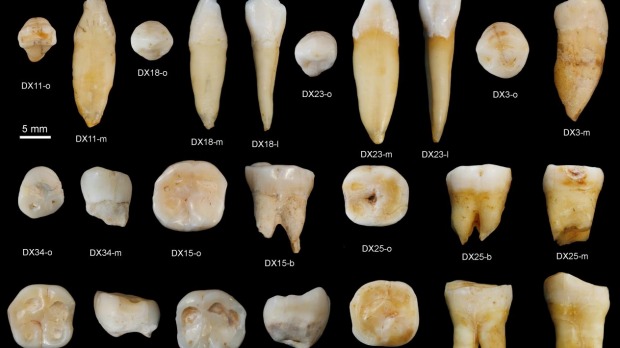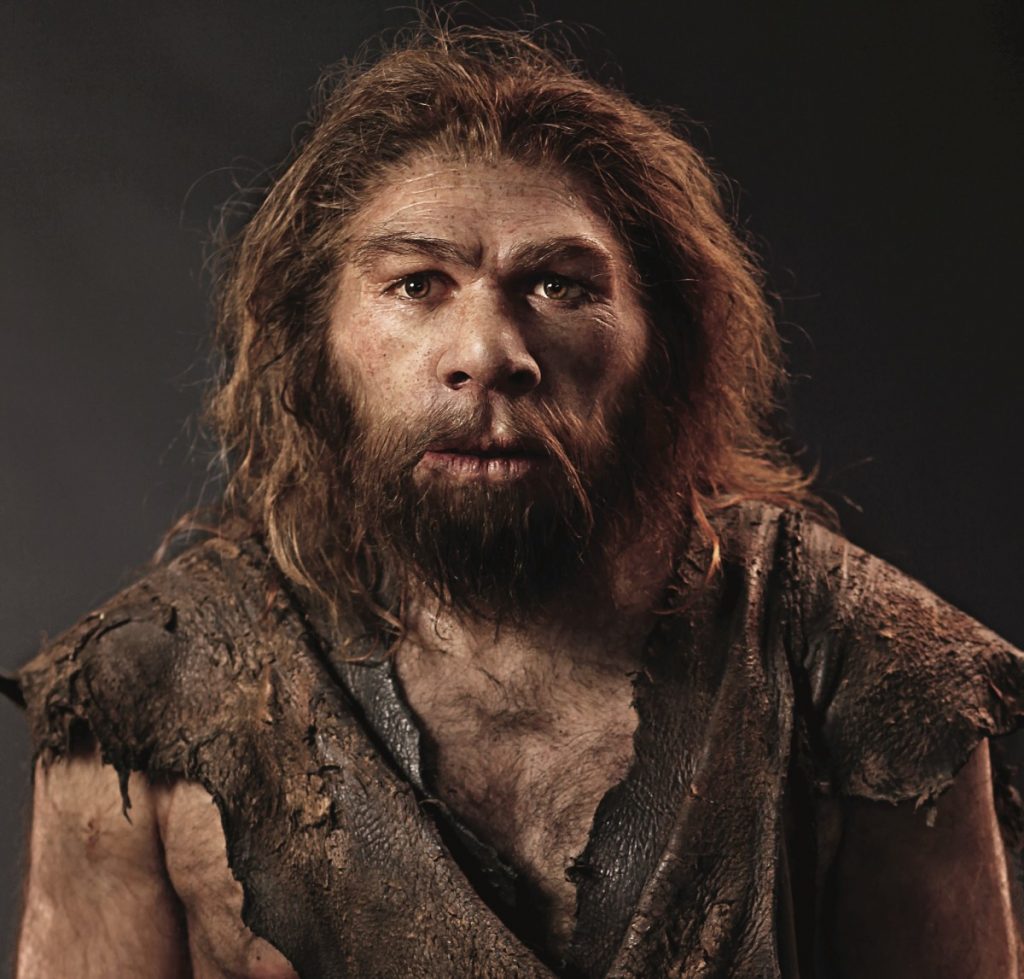
Scientists are re-evaluating their understanding of the earliest modern humans and their migration around the globe, after the discovery of forty seven teeth, labelled as “unequivocally” belonging to ‘Homo sapiens,’ in a cave in southern China.
They are between 80,000 to 120,000 years-old and suggest early humans migrated out of Africa to east Asia and shunned the easier path to Europe, because of stiff competition from the formidable ‘Neanderthals’ who already occupied parts of the continent and fiercely defended its resources.

BYPASS THE CENSORS
Sign up to get unfiltered news delivered straight to your inbox.
You can unsubscribe any time. By subscribing you agree to our Terms of Use
Latest Video
The earliest discovery of modern humans in Europe dates back 45,000 years just before the fall of the Neanderthals around 40,000 years ago.
The International Business Times reports:
“This is stunning, it’s major league,” Michael Petraglia, an archeologist at the University of Oxford, U.K., who was not involved in the research that led to the discovery and eventual dating of the teeth, told Nature. “It’s one of the most important finds coming out of Asia in the last decade.”
Current theories suggest that our species — the Homo sapiens — evolved in Africa approximately 200,000 years ago. Prior to the latest discovery, which was made in a cave in Daoxian in southern China, scientific evidence suggested that our ancestors began colonizing the world only around 60,000 years ago. Older traces of modern humans previously discovered outside Africa, such as the roughly 100,000-year-old remains from the Skhul and Qafzeh caves in Israel, were discarded by scientists as evidence of unsuccessful efforts at wider migration.
The teeth challenge this theory, raising doubts over the timing of the first migration out of Africa. The findings may also mean that our ancestors arrived in Asia and Europe in multiple waves.
“This is a rock-solid case for having early humans — definitely Homo sapiens — at an early date in eastern Asia,” Chris Stringer, a paleoanthropologist at the Natural History Museum in London, who was not part of the research, told Nature.

From Wikimedia Commons: Akha couple in northern Thailand. The husband is carrying the stem of a banana-plant, which will be fed to their pigs.
Additionally, the findings also raise questions over why modern humans seemed to have reached Asia much before their migration to Europe, where the earliest such remains found are approximately 45,000 years old.
A possibility is that Homo sapiens faced stiff competition over resources from the Neanderthals who had already populated parts of Europe, and they could only enter the continent when the Neanderthals were at the brink of extinction.

“This is just the tip of the iceberg,” Petraglia told Nature. “There’s a lot more work that needs to be done.”


